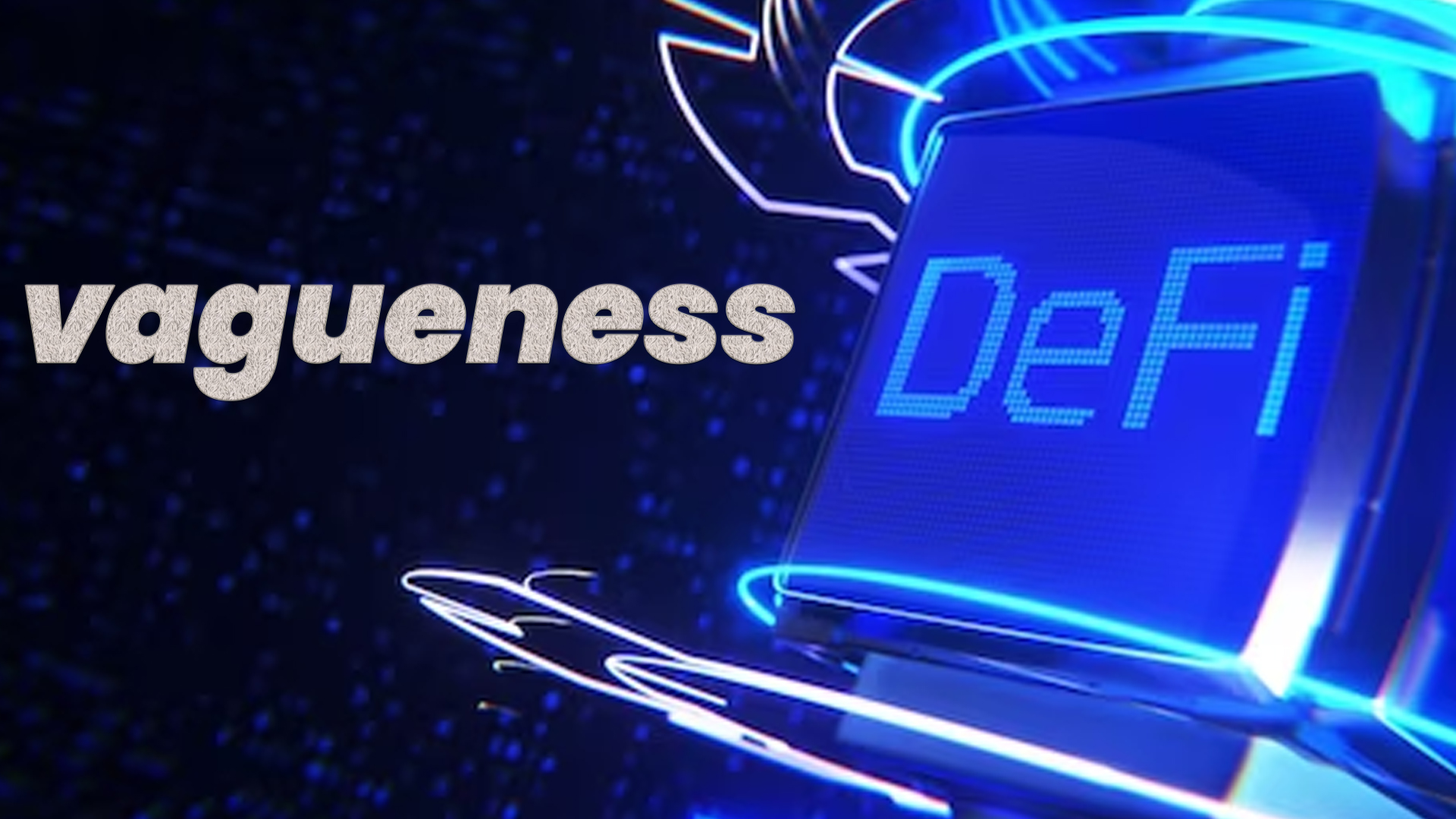- The SEC’s proposal fails to define a single task that a blockchain system performs
- The blockchain industry must accurately predict the rules, which could result in severe penalties
As part of a second attempt to control Decentralized Finance (DeFi) starting in early 2022, the U.S. Securities and Exchange Commission (SEC) reopened the comment period for a proposed set of rules in April. These rules would redefine certain blockchain protocols as U.S.regulated securities exchanges.
Comments from the public may be submitted through Tuesday, June 13. Everyone should comment since the grave flaws in this idea have just gotten worse in this most recent iteration.
Bending The Securities Regulations
The Exchange Act of 1934 which is the current exchange law and an actual grasp of blockchain technology cannot be reconciled with the SEC’s proposal’s attempt to treat blockchain protocols as regulated exchanges.
In order to manage the dangers associated with intermediated systems that combine the orders of genuine buyers and sellers, legislation governing securities exchanges was developed. Only insofar as exchanges are centralized organizations with a crucial role in determining market pricing and other aspects of market conditions, the US Congress sought to regulate them.
In its most recent regulatory proposal, the SEC treats exchanges as any system that merely connects buyers and sellers so that they can identify and negotiate deals with one another. This proposal is once again open for comments.
In fact, it is remarkable that the SEC does not adequately take into account what an exchange accomplishes. The legislation normally demands that a company carry out activities that are typically carried out by a stock exchange in order for it to qualify as an exchange. The SEC, which appears to have applied the normal statutory interpretation incorrectly, disagrees. Even worse, the agency fails to name a single task that a blockchain system accomplishes that is comparable to a stock exchange.
If that weren’t confusing enough, the plan goes on and on about who might be included in a transaction. What all of this actually implies for everyone involved in the blockchain ecosystem is left unclear since it specifies a few “important factors” of varying weight that provide no real notice.
The plan, in particular, fails to define the “significant” token ownership threshold at which blockchain users unexpectedly gain enough power over the system to take on regulatory obligations. It also does not address the situations in which a service provider or third-party vendor starts to exert enough control to share responsibility for a protocol or application with its clients.
There is much Haziness
The majority of blockchain-related comments on the 2022 proposal thoroughly covered the SEC’s many ambiguities, including the fact that in this draught, the SEC appeared to be writing about blockchain but did not refer to it by name.
The 2023 draught fixes nothing of the enduring issues, except stating explicitly that the rules would include blockchain. Placing a new label on the same infected bottle as “communication protocols” as “negotiation protocols” is the same thing. Saying “facts and circumstances” like it’s a mantra doesn’t really explain anything.
Rules are unconstitutional when they are based on “terms so vague that men of common intelligence must necessarily guess at [their] meaning,” according to the Supreme Court itself.
With this suggestion, it will be the blockchain industry’s responsibility to accurately predict the rules. That means that anyone who predicts incorrectly could be subject to severe penalties, including individual software developers who utilize our products as well as software firms like ConsenSys. In a way, this enables the SEC to apply a sort of retroactive punishment that is prohibited under due process to establish if a regulation was broken after the fact.
Conclusion
The SEC must explain the advantages and disadvantages of their proposal and how they compare as part of regular procedure. Anyone with even a basic understanding of blockchain technology might soon determine from a sober study that the advantages would be unreal and the costs enormous.
The number of blockchain protocols that would be impacted by the proposal seems to be substantially underestimated. Additionally, it fails to acknowledge how much more demanding these regulatory obligations are for common people who take part in the blockchain ecosystem, such as validators, DAO members, and liquidity providers.

